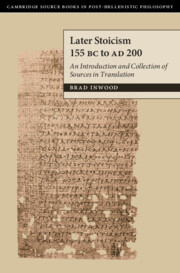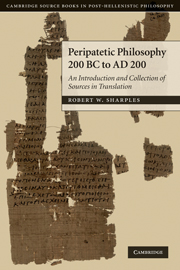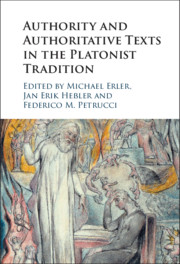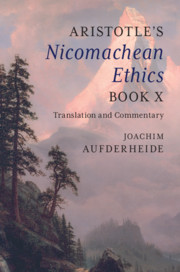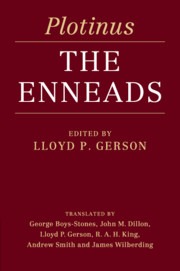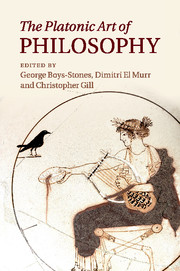Platonist Philosophy 80 BC to AD 250
'Middle' Platonism has some claim to be the single most influential philosophical movement of the last two thousand years, as the common background to 'Neoplatonism' and the early development of Christian theology. This book breaks with the tradition of considering it primarily in terms of its sources, instead putting its contemporary philosophical engagements front and centre to reconstruct its philosophical motivations and activity across the full range of its interests. The volume explores the ideas at the heart of Platonist philosophy in this period and includes a comprehensive selection of primary sources, a significant number of which appear in English translation for the first time, along with dedicated guides to the questions that have been, and might be, asked about the movement. The result is a tool intended to help bring the study of Middle Platonism into mainstream discussions of ancient philosophy.
- Provides a comprehensive collection of source-texts in English translation, which makes many of them accessible for the first time to a wide range of students and scholars
- Covers the full range of philosophical interests and debates of 'Middle' Platonism, making the case for its philosophical importance
- Sections of notes and further reading help the reader navigate the complexities of previous scholarship
Reviews & endorsements
'Boys-Stones handles with painstaking precision and philosophical acumen an incredible amount of complex and controversial issues, without ever losing sight of the project as a whole. The result is an exciting and novel book.' Sara Magrin, Bryn Mawr Classical Review
Product details
November 2017Adobe eBook Reader
9781108229487
0 pages
This ISBN is for an eBook version which is distributed on our behalf by a third party.
Table of Contents
- Acknowledgements
- Abbreviations
- Introduction: studying middle platonism
- 1. Plato's authority and the history of philosophy
- 2. Making sense of the dialogues
- Part I. Cosmology:
- 3. Causal principles for a non-materialist cosmology
- 4. The debate over matter and the problem of evil
- 5. Paradigm-forms
- 6. The creator god
- 7. Theories of creation
- 8. World soul and nature
- 9. Individual souls and their faculties
- 10. Living beings: gods, daimons, humans, animals, plants
- 11. Providence
- 12. Fate
- Part II. Dialectic:
- 13. Epistemology
- 14. Logic
- 15. Aristotle's Categories: ontology and linguistics
- 16. The hierarchy of sciences
- Part III. Ethics:
- 17. The goal of virtue and the ideal life
- 18. Ethical virtue and the management of the passions
- 19. Politics
- 20. The system of the Chaldaean Oracles
- Glossary
- References
- Catalogue of platonists
- Index of sources and references
- Index to notes and further reading.


